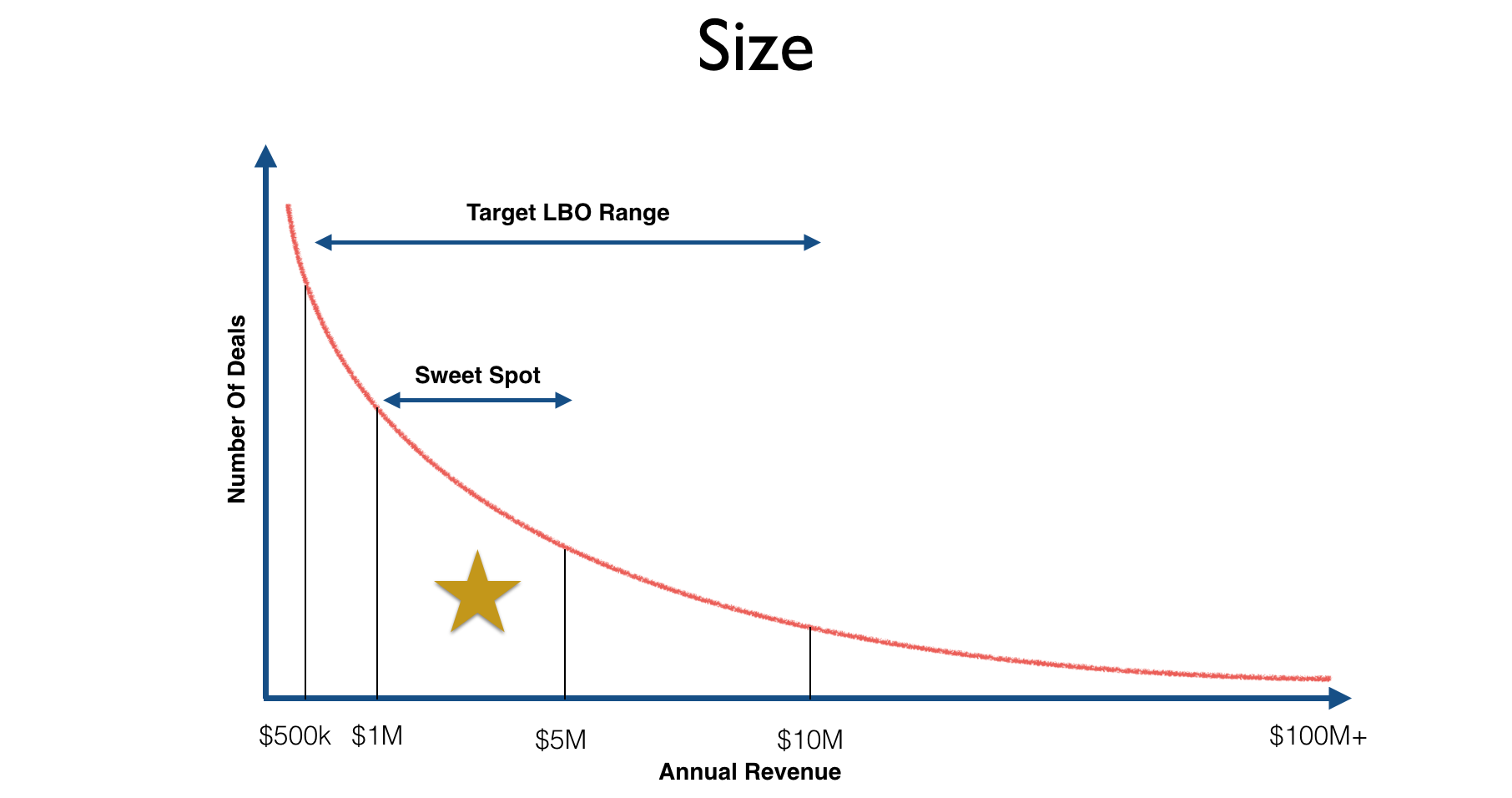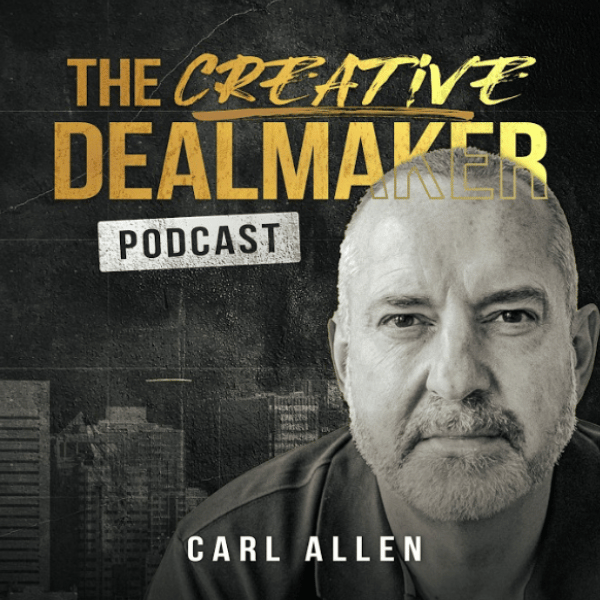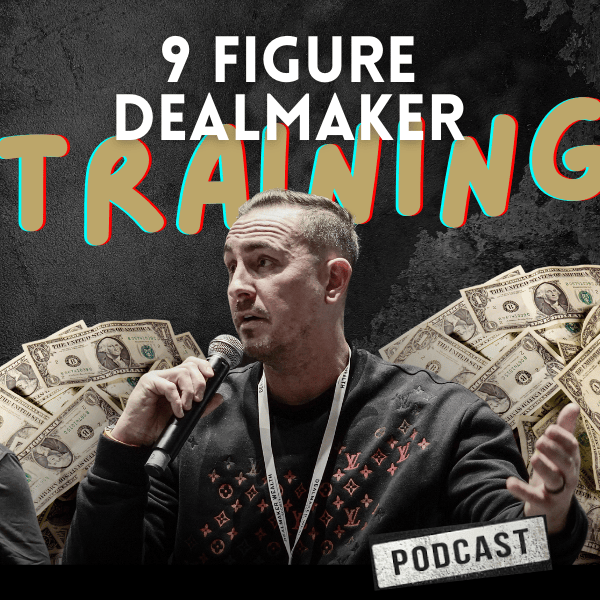Why Size REALLY Matters When Doing Deals
Why Size REALLY Matters When Doing Deals

The key to the system is to (fairly) play on seller emotion, including frustration. For frustrated owners, patience is significantly lowered – there is usually no succession plan and they just want out.
The problem is… they are trapped! These owners have employees to support, suppliers and customers to satisfy, leases or loans and other liabilities that are not going away.
Though the owner may not require income, the cost to shut the business down may be significant. And why should a great business shut down when the only issue is that the owner has lost the drive to keep it afloat?
Simply put, look for a tired owner-manager.
He or she will most likely have founded the business years ago, achieved success, survived a recession (or several), be in pretty good shape, have no offspring willing to take the reins and have one major fear: the competition.
Owners of small businesses greatly fear the competition in a formal sale process. Why?
Competitors that don’t necessarily want to buy the business may enter the process to get the financial, customer and legal information on the company. They’ll then use that information to gain a market advantage and defeat the business.
I have seen it hundreds of times in my career… Customers stolen on the promise of cheaper prices… Key employees incentivized to jump ship and bring customer relationships with them.
It’s unfair and morally shocking, but believe me, it happens. And once it starts, the business for sale quickly withers and dies with its culture, history and legacy destroyed.
But with you as a potential buyer, the owner does not have to resort to opening the sale up to competitors.
In summary, stick to the sweet spot — the $1—5 million revenue range — especially if it’s your first deal.
Until then, bye for now.

















